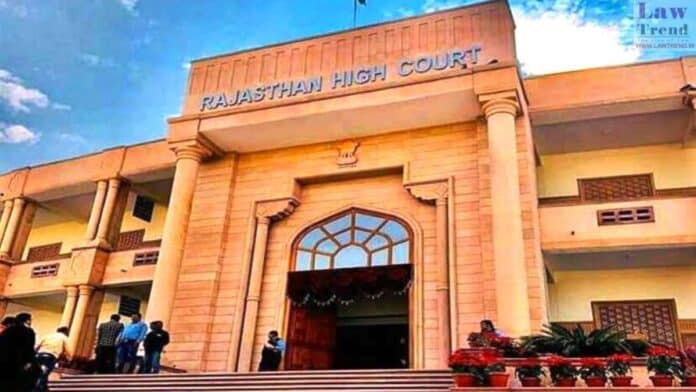In a significant ruling, the Rajasthan High Court has granted bail to Kuka Ram, an accused under the Narcotic Drugs and Psychotropic Substances Act (NDPS), emphasizing the critical importance of preparing seizure memos on-site. The decision, delivered by Justice Rajendra Prakash Soni, underscores the procedural lapses that can cast doubt on the integrity of narcotics
To Read More Please Subscribe to VIP Membership for Unlimited Access to All the Articles, Download Available Copies of Judgments/Order, Acess to Central/State Bare Acts, Advertisement Free Content, Access to More than 4000 Legal Drafts( Readymade Editable Formats of Suits, Petitions, Writs, Legal Notices, Divorce Petitions, 138 Notices, Bail Applications etc.) in Hindi and English.




